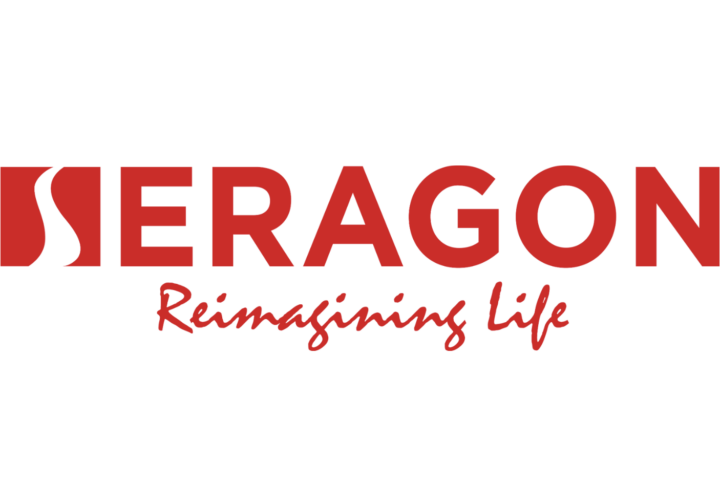A Veteran Biotech Venture
MetroBiotech, a biopharmaceutical company for a decade, sits in central Massachusetts. It leads efforts to deeply understand NAD. This article dives into their research, discoveries, and how they might change medicine.
The Role of NAD in Cells
NAD is crucial for turning food into energy and helping cells handle stress. MetroBiotech stresses NAD’s importance, noting how it drops as we age, which weakens cells and ups disease risk. They believe keeping NAD levels up through life could greatly improve how long and well we live.
Clinical Trials and New Drugs
MetroBiotech runs three important clinical trials, approved by the FDA. They test if their drugs are safe and work well for dementia, diabetic kidney disease, and making muscles stronger in fit people. Also, the company has found new types of NAD building blocks and is looking at NAD blockers as possible cancer treatments.
Lab Work and Tests
In their labs, MetroBiotech tries out new chemicals, including ones that might boost NAD. They look at how these interact with enzymes and behave in cells to pick the best ones for more testing or for developing into drugs. They are careful to only move forward with the most promising chemicals.
Focus and Funding
MetroBiotech has a big plus: it’s fully funded privately. This means they don’t have to worry about raising money like many other biotech firms do. They can just focus on their work on NAD and aging.
Goals and Impact
MetroBiotech aims to improve medicine for aging and offer new hope to people who don’t have many treatment options. By focusing on NAD and diseases linked with aging, they hope to make a big impact in medicine.
Final Thoughts
MetroBiotech is a leader in NAD research. They run key trials and explore new ideas for using NAD to treat diseases of aging and cell problems. Their efforts could help us live longer, healthier lives and better treat diseases that currently have few options.











